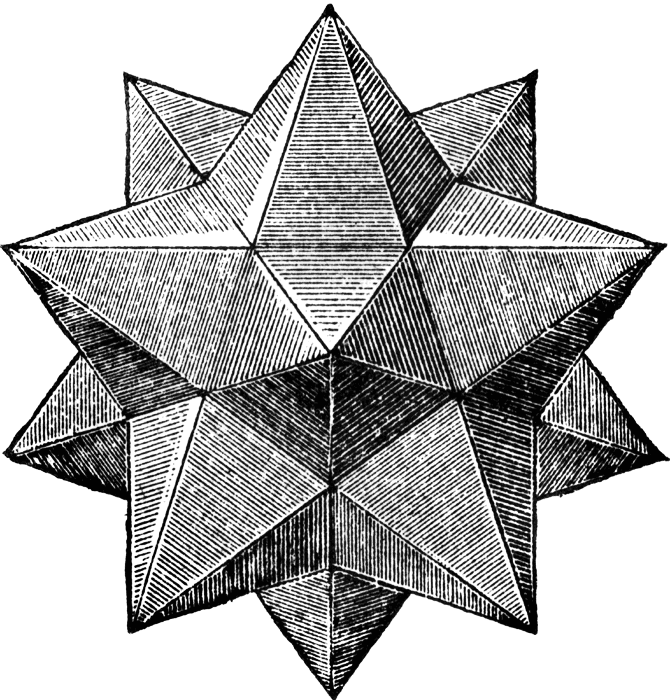|
|
|
Close reading or formalism |
This technique of literary interpretation carefully examines the forms (individual and collective) that express or define style and content in texts or textual passages. Observations or conclusions are based not only on what the text is saying but how. The language of the text and how it creates meaning are the primary foci of research. For example, analysis might focus on symbols or on figures of speech, such as metaphors or their development as extended metaphors, and how such figures of speech shape the meaning of the text or what it is capable of saying.
Therefore formalism or close reading often concentrates on one text at a time (though this is not required). Because of this focus on one text, close reading or formalism is often a convenient classroom methodology—that is, students need bring only their skills to the task of reading the text at hand, and are not necessarily expected to be equipped with knowledge beyond the text itself (and a wide-ranging sensibility to meanings).
Close reading / formalism may be contrasted with historicism, in which a text's context—information that is beyond the text itself--produces meaning.
Close reading or formalism may be implicit in studies of a literary work's textuality, but textuality may also extend beyond the individual text to historicism or intertextuality.
Close reading is synonymous or associated with several similar theories: formalism, New Criticism, explication. Traditional sources for the practice include interpretation of scriptural passages or legal texts.
Typical questions:
-
What is the text saying?
-
How do you know what it's saying?
-
What forms or figures of speech is the text using to develop or express meaning?
-
What problems does the text create in its expression? What questions are left unanswered by the text itself?
Dangers or downsides:
Focus on formal qualities may blunt or obscure social or historical questions that the text potentially engages.
Consequently, formalism or close reading teaches or practices critical thinking over knowledge or cultural literacy.



